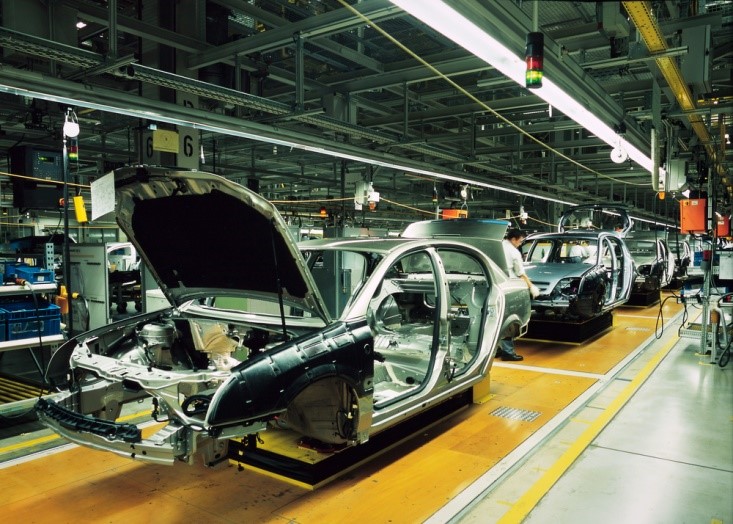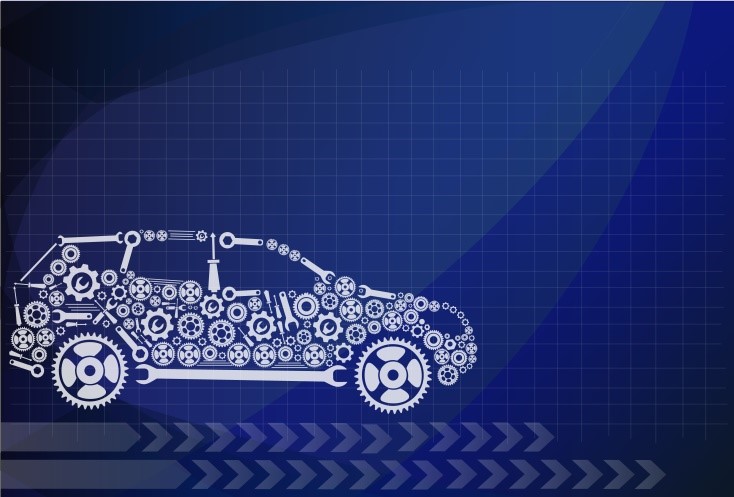4 Infamous Automotive Scandals ― and Their Repercussions
 The automotive industry is enormous. Globally, the industry produces over 90 million vehicles every year ― with over 7 million of those sold annually in the United States. Moreover, the industry manufactures billions of parts for cars and trucks, from tiny sensors to giant mounts, for installation during manufacturing and for aftermarket use. Considering just how many pieces and parts are created and connected every second, it is no wonder that sometimes things go wrong.
The automotive industry is enormous. Globally, the industry produces over 90 million vehicles every year ― with over 7 million of those sold annually in the United States. Moreover, the industry manufactures billions of parts for cars and trucks, from tiny sensors to giant mounts, for installation during manufacturing and for aftermarket use. Considering just how many pieces and parts are created and connected every second, it is no wonder that sometimes things go wrong.
Indeed, during its lifetime, the automotive industry has been wracked with some of the worst scandals in business history. The following four parts form the foundations for the worst of the worst automotive disgraces ― and they continue to have repercussions today.
1. Takata Airbags
Swiftly becoming one of the most far-reaching scandals of all time, Takata’s faulty airbag inflators caused recalls of vehicles from 16 different brands ― totaling more than 42 million vehicles worldwide and costing the company about $24 billion. The reasons behind the recall were not insignificant: During a crash, vehicles with the defective airbag inflators would shoot metal shrapnel into vehicle passengers instead of deploying life-saving airbags.
Honda was the first manufacturer to notice the problem in 2013 after hearing reports of more than 150 injuries and 11 deaths in collisions involving their vehicles. Unfortunately, investigations soon uncovered that Takata was well-aware of the issue, perhaps as much as a decade prior to its widespread discovery.
While manufacturers struggle to replace the dangerous inflators, the Takata Corporation is suffering under the weight of several lawsuits. Already, it has settled a fine for $1 billion to the U.S. government, and similarly lofty payments could end the flawed automotive parts company for good.
2. Firestone Tires
Firestone Tires and Ford Motor Company have enjoyed a strong partnership almost since both companies’ founding. Even through a brief 1970s scandal that uncovered a high tendency for tread separation in Firestone radials, Ford continued to outfit many of its models in Firestone products. However, when the National Highway Traffic Safety Administration (NHTSA) published reports of uncommonly high rates of tire failure among a handful of models, Ford ended its long-held relationship with the tire manufacturer.
The problem was much the same as it was in the 1970s: Firestone tires would separate from their treads and rupture at speed. The flaw caused at least 250 deaths and thousands of injuries, which in-turn led to thousands of lawsuits and a recall of about 3 million tires. Today, tires are scrutinized closely, and recalls are common. Recently, Pep Boys tires have received nearly as much flack as Firestone.
3. Ford Transmissions
Still, Firestone wasn’t the only cause of scandal in Ford’s long automotive history. Coming off a small debacle concerning the Pinto’s fuel tank ― which could rupture during a crash, causing an enormous fiery explosion ― Ford endured massive humiliation and outrage thanks to an issue with its automatic transmissions. Between 1966 and 1980, any non-manual Ford might have slipped from park to reverse at any time, causing the vehicle to roll unexpectedly and cause all sorts of mayhem.
Worse, reports suggest that Ford was aware of the issue as early as 1972 and rejected a repair that would have cost only $0.03 per car. Instead, the company quietly paid injured families $20 million and sent out stickers reminding drivers to engage their parking brakes.
Effectively, Ford dodged what would have been the largest recall in history ― until Takata ― but Ford certainly suffered from low public opinion for years following the scandal. To this day, the stickers float around as mementos of Ford’s outrageous gaffe. Even to this day, there are still Ford F-150 problems that are pretty commonplace.
4. Volkswagen Defeat Devices
In perhaps the most public automotive scandal of our time, Volkswagen’s Diesel Dupe broke laws in several companies and tricked customers into purchasing cars of drastically lower quality. Instead of complying with emissions standards for diesel engines, VW knowingly installed “defeat devices” which modified engines’ performance only when being tested. As a result, VW vehicles appeared far superior to their competition, despite being dramatically worse for the environment.
For more than a decade, Volkswagen enjoyed massive popularity as an eco-conscious company with quirky car designs. In fact, just before Dieselgate, VW was the world’s largest automaker. When the masses uncovered the Diesel Dupe, VW’s reputation (and valuation) plummeted, and it has yet to recover. Customers continue to return their VWs and purchase cars from manufacturers with better moral compasses.





